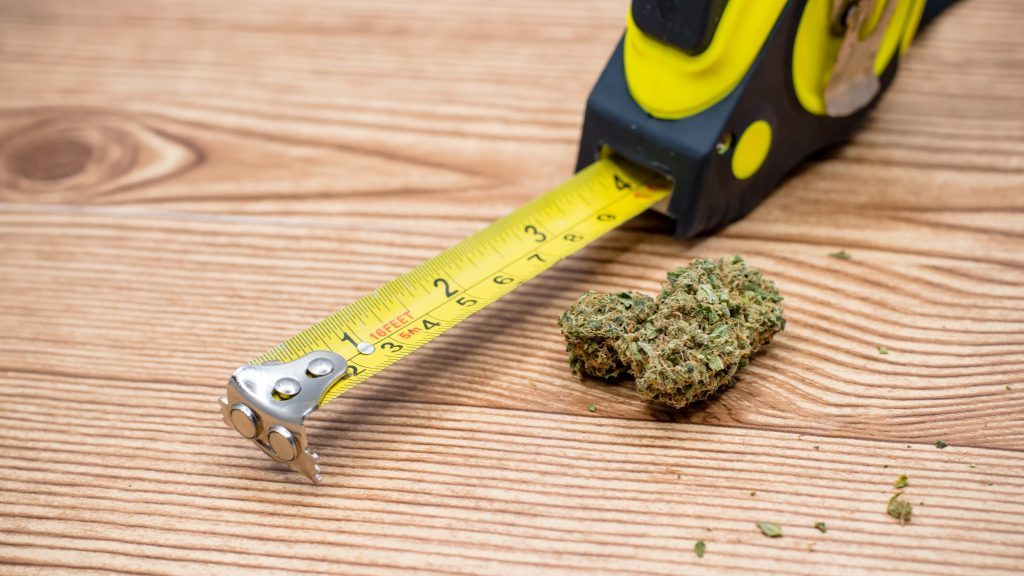The legalization of recreational cannabis in Canada on Oct. 17 provides a set of regulations around a once-illegal substance.
However, legalization didn’t make things any clearer for construction workplaces who now need to create up-to-date drug and alcohol policies.
Clarifying those issues at a recent Buildex Calgary session entitled, Clearing the Smoke on Weed at Work: What Employers Need to Know About Cannabis in the Workplace, was two experts from Field Law in Calgary: Christin Elawny, a labour and employment lawyer; and Chloe Mathioudakis, a lawyer with cannabis industry expertise.
“We’ve been working on issues around cannabis since before the federal government rolled out their proposed legislation for legalization in April 2017,” says Elawny.
“This issue has become critical for employers, such as those in the construction industry, where cannabis use could affect the safety of workers. It requires a balance between the rights of the employee and workplace safety.”
Previously, employers could craft company policies that differentiated between legal medical use of cannabis and illegal use.
Someone could still test positive for THC, even if they haven’t used cannabis for a number of days
— Christin Elawny
Field Law
“If a drug test revealed that a worker was using cannabis illegally, it was relatively easy to elevate that case to heavier discipline or termination,” Elawny says. “Now that the drug has become recreationally acceptable, it’s in a category more like alcohol, where you would have to determine what level of cannabis is acceptable in the body following its use.”
“Legal impairment” as the result of alcohol consumption can be objectively measured by blood tests. However, there’s no parallel method to establish legal impairment for cannabis users who may be under the influence of tetrahydrocannabinol (THC), the principle psychoactive component of cannabis.
“Someone could still test positive for THC, even if they haven’t used cannabis for a number of days,” she says. “If a company once had a zero-tolerance policy for cannabis use, a positive test for THC may no longer allow an employer to discipline or terminate. The issue will be one of demonstrating impairment.”
Companies need to develop workplace safety policies that address impairment involving cannabis, she says. If an equipment operator demonstrates signs of impairment, for example, a workplace policy should include requirements for a supervisor’s documentation regarding the incident, and at least one witness statement from a second observer.
“Your workplace policy should state that under those circumstances, the employee will be pulled from the work and required to undergo a drug test,” says Elawny. “If you’ve set out grounds for reasonable suspicion in your policy, you test an employee on that basis, and if the test comes back positive for THC, you now have stronger grounds for discipline or termination.”
The Buildex session included an update on current cannabis legislation and reviewed any amendments that employers should make to their drug and alcohol policies so that they recognize the current legal framework.
“We’ll review the actions employers should take if they suspect their employee may be impaired at work, when an employer can discipline an employee for cannabis use and when an employee should be tested,” says Elawny.
The legal team discussed when accommodation for employees may be required and how to address addictions. They also outlined the training employees should receive regarding a drug and alcohol policy that includes cannabis.
“Because it’s now more difficult to show impairment, discipline for individuals using cannabis is likely to be challenged,” says Elawny. “That could include the courts or possibly the human right tribunals if workers say they have an addiction or a medical issue that wasn’t revealed proactively. Companies should have their drug and alcohol policies reviewed by legal professionals to make sure that they’re compliant and provide the best protections possible to create a safe workplace.”



Recent Comments